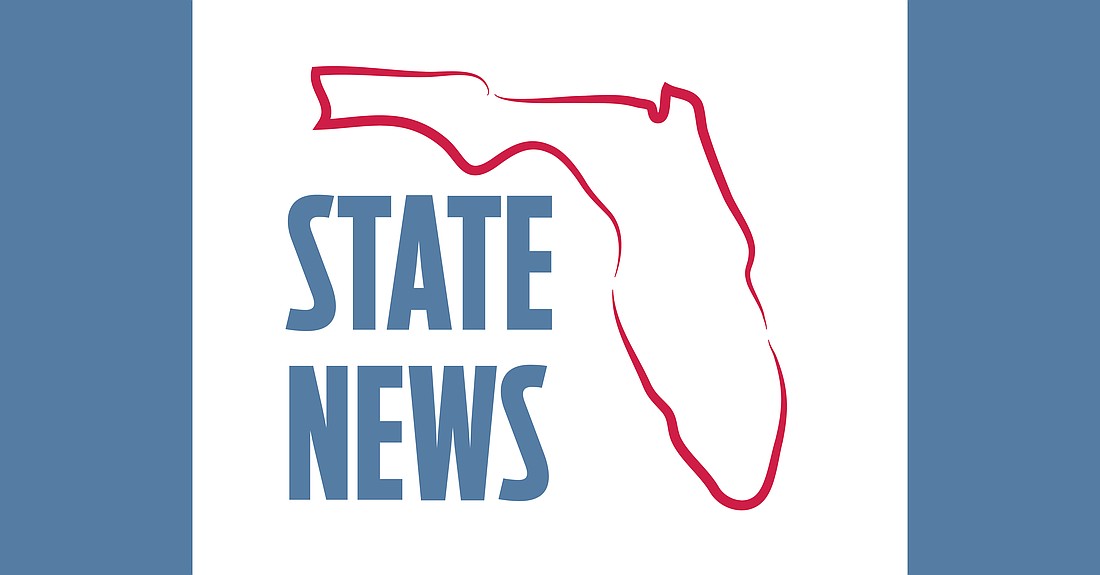- February 12, 2025
-
-
Loading

Loading

The New College of Florida Board of Trustees on Thursday moved forward with a plan to request $2 million from the state Legislature to set up a “Freedom Institute” aimed at combating “cancel culture” in higher education.
The proposed institute would promote “tolerance of opposing views” and “engage such views in civil discourse,” according to a description of the institute included in the trustees’ meeting agenda.
“There is a tremendous move nationwide to ensure that our college campuses are true marketplaces of ideas, where you can allow your mind to explore the great reaches of everything,” New College Interim President Richard Corcoran said during Thursday’s meeting. “And right now there is a tremendous cancel culture that is existing in higher ed. There’s a tremendous pushback against that cancel culture.”
The bulk of the $2 million request — $1,755,000 — would go toward hiring “scholars to work and teach” on the New College campus. Courses taught by the new faculty members would be offered to students for credit.
The funding proposal, which would be subject to approval by lawmakers during the 2024 legislative session, comes amid a series of changes at the small liberal-arts school. Gov. Ron DeSantis made a slew of appointments to the trustees board earlier this year. The revamped board subsequently voted to install Corcoran, a Republican former House Speaker and state education commissioner, as the school’s interim president.
A document included in the trustees’ meeting agenda also laid out other goals for the proposed institute. For example, the institute would offer “short courses open to the public in Sarasota and across Florida,” hold live events “promoting New College’s and Florida’s free speech principles,” and “create and deliver professional development programs” for school teachers and university professors.
Pointing to similar programs at other universities, Corocran said the proposed New College Freedom Institute could help net new donors and enhance the school’s profile.
“In addition to that, to go out there and hit up additional donor bases saying, what we’re doing to model free speech — whether it’s in K-12 arenas, higher-ed arenas, whatever it might be — in boardrooms … and going out and having it flourish nationwide, would be a tremendous benefit in attracting additional experts, speakers, debates to come to New College,” Corcoran said.
But trustee Amy Reid, who is a professor of French language and Literature at New College, criticized the way the funding proposal was written. Pointing to the first paragraph of the draft proposal, Reid noted that the plan incorrectly cited the poem “The New Colossus” by Emma Lazarus and neglected to include the poet as its author. The well-known sonnet is featured on a plaque on the pedestal of the Statue of Liberty.
“These may be the times that try men’s souls (Thomas Paine, The Crisis, 1776), wherein the masses, yearning to breathe free (Colossus, 1883, Statue of Liberty) were instead everywhere enchained (Rousseau, Social Contract Theory, 1762) by a cabal Orwellian thought police. In some quarters, the gesture of criticism has become elevated above the substance of criticism or the pursuit of understanding. And these gestures have ranged from subversive censorious silencing to barbarous mob militancy,” the proposal’s opening paragraph said.
“I hope that language can get cleared up,” Reid said. “If this is going to be a hallmark for New College, let’s make it solid and not something that any New College faculty member would say needs more editing.”
Christopher Rufo, who was part of the wave of DeSantis’ appointees to the board, agreed with a suggestion by Reid that the paragraph be struck from the draft. Rufo called the paragraph “a little hyperbolic.”
The New College trustees also during Thursday’s meeting approved an additional plan to request $6.035 million to develop three new master’s programs. The new degree programs would be a master’s in marine mammal science, a master’s of environmental economics and policy, and a master’s of educational leadership.
“Education praxis and pedagogy has, in many ways, become corrupted with political agendas that undermine that primary purposes (sic) of education practice,” a description of the proposed educational-leadership degree program said.
The two-year program would train students in the “practical application of teaching” and the development of leadership skills.
“The New College Master’s of Educational Leadership would help reform the problems with undergraduate education degrees, serve as a new home for education reformers, and lead the development of new approaches to educating educators,” the proposal said.